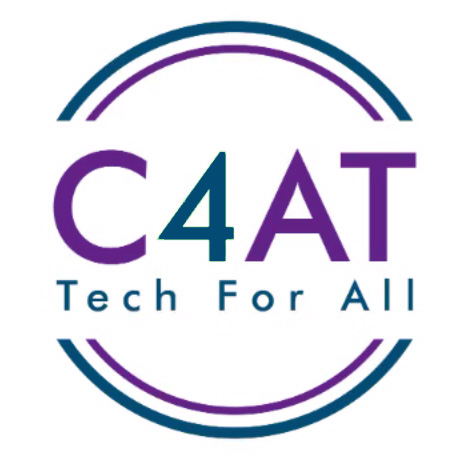Policy
Overview
The Center for Accessible Technology (C4AT) represents people with disabilities before the California Public Utilities Commission (CPUC), with regard to both telecommunications policy and energy policy.
What is the role of the CPUC?
The CPUC regulates telecommunications services and energy in California. Each of these services is vital to permit people with disabilities to live independently, make use of technology, and participate effectively in activities of daily living. As a result, CPUC decisions have strong and enduring impacts on the disability community. For the many people with disabilities who are low income, the CPUC’s mandate to ensure affordable utility services is also vital.
